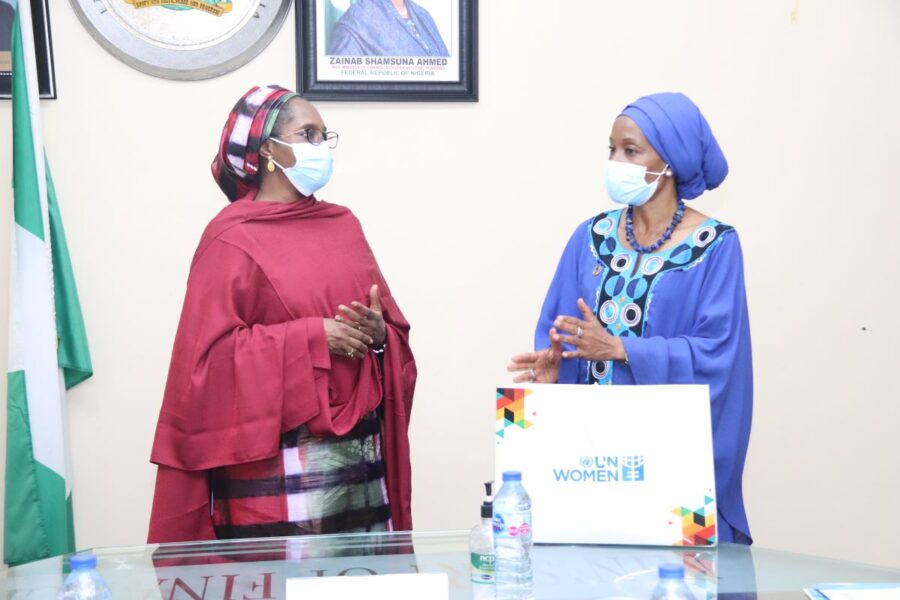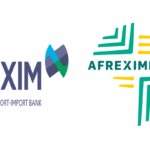The federal government of Nigeria has stated that the present improved economic condition in the country is indicated by the fact that 23 out of 46 activities recorded positive growth in the first quarter of 2021, compared to 17 in the previous quarter.
The Honourable Minister of Finance, Budget and National Planning, Mrs. Zainab Ahmed, said this during her presentation of the first quarter of 2021 gross domestic product (GDP) results and other performance indicators of Nigeria at the Federal Executive Council (FEC).
She stated that the first quarter performance marks the second consecutive quarter of positive real GDP growth following two previous consecutive quarters of negative growth in 2020, in Q3, and Q4, which saw the country go into recession.
While recalling the country’s very quick exit from recession in the fourth quarter of 2020, she noted that the National Bureau of Statistics (NBS) released its first quarter result last week, which estimates and report shows that Nigerian GDP has grown to 0.51 percent year-on-year (YoY) in real terms in the First Quarter of 2021.
According to her, there is a further illustration that the slow, but gradual recovery process is indicative of the fact that business operations are returning to normal and that restrictions of movements and commercial activities have been relaxed after extended closedown in the year 2020.
“The agricultural sector posted a strong growth at the rate of 2.28 percent in the first quarter of 2021, compared to previous quarters. This growth in agriculture signifies the resilience of the agricultural sector,” she stated.
Stating further, Mrs. Ahmed said: “The industry sector has recorded positive growth, even though a weak one, but the growth is a positive one and this marks the past quarter of growth over the past one year in the industry sector. Services recorded a slight dip, but a small one at 0.39 percent.
In addition to the economic activities and the reopening businesses, growth, according to her, was also boosted, in fact by increase in crude oil prices as well as increase in production in the first quarter of 2020.
“We have seen this positive growth being contributed by not just the oil sector, but also by economic activities within the metal sector, the cement sector, electricity, telecommunications, food and beverages as well as human health and social services.
“On the other hand, there have been some sectors that are recorded negative growth and these sectors include quarrying and other minerals, oil refinery, road transport, air transport, rail transport, education, as well as hotel that is accommodation and food services.
In her words: “Amidst the global pandemic, which is gradually improving, and the return of international trade, recovery in oil prices and successful vaccination programmes across the world are contributing to favourable results in most economies.
Referring to inflation, Mrs. Ahmed said that throughout 2020 and even three quarters, a year before 2020, airline inflation had maintained an upward trend. For the first time in 19 months, inflation has shown a slight dip. “It is a very slight dip, but it is a positive point for us. We had indicated that our projection is that inflation will begin to flatten in the month of April 2021 and this is an indication.
Subsequently, she further stated: “We are looking at inflation beginning to trend downwards. Food inflation will not come down as fast as the other aspects of inflation, but it is important to also see that the rate of food inflation also showed a slight dip. The rise in food index, according to her, is driven by export foods such as coffee, tea, cocoa, breads, cereals, soft drinks, milk, cheese, not basic food items like rice, maize and millet.





